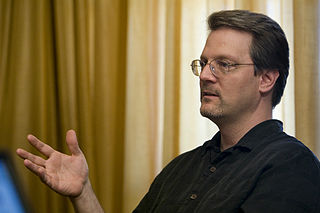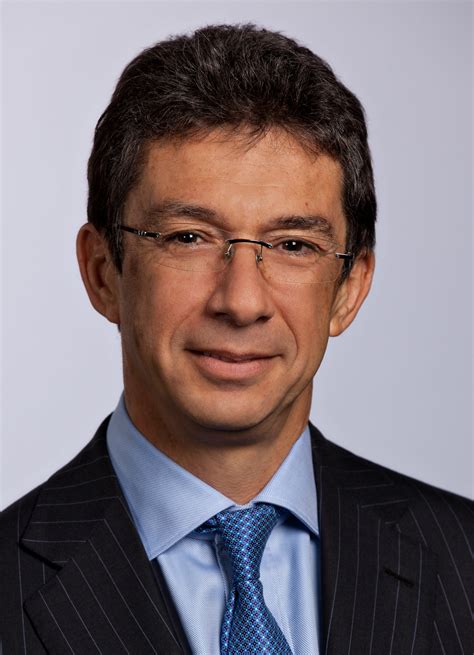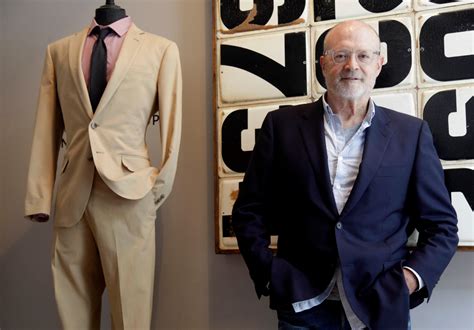A Quote by Kevin Systrom
Products can introduce more complexity over time, but as far as launching and introducing a new product into the market, it's a marketing problem. You have to explain everything you do, and people have to understand it, within seconds.
Related Quotes
If you could distill this down to a single principle its that the best marketers in the world know MARKETS first and foremost, and secondly they're students of MARKETING. It's more important to know a MARKET than to know MARKETING, and I teach people MARKETING! And so, as far as this seminar is concerned, it's all about knowing a market, and it's so thorough that even if you don't have personal experience in that market you can still go into it and find out, what are the things that people will pay money for!
Over the past 60 years, marketing has moved from being product-centric (Marketing 1.0) to being consumer-centric (Marketing 2.0). Today we see marketing as transforming once again in response to the new dynamics in the environment. We see companies expanding their focus from products to consumers to humankind issues. Marketing 3.0 is the stage when companies shift from consumer-centricity to human-centricity and where profitability is balanced with corporate responsibility.
Shifting Philip Morris to the new a non-risk products doesn't mean that I will give market share to my competitors free of charge. In the markets where we are not present with IQOS yet or the other reduced-risk products, you still need to defend your share of the market. They still represent the bulk of our income, and so far they have financed the billions of dollars we have put behind these new products. But once we go national in a market, and absent capacity constraints, then you shift your resources and your focus to these new products.
Traditional sales and marketing involves increasing market shares, which means selling as much of your product as you can to as many customers as possible. One-to-one marketing involves driving for a share of customer, which means ensuring that each individual customer who buys your product buys more product, buys only your brand, and is happy using your product instead of another to solve his problem. The true, current value of any one customer is a function of the customer's future purchases, across all the product lines, brands, and services offered by you.
I would say, as an entrepreneur everything you do - every action you take in product development, in marketing, every conversation you have, everything you do - is an experiment. If you can conceptualize your work not as building features, not as launching campaigns, but as running experiments, you can get radically more done with less effort.
We are focused on features, not products. We eliminated future products that would have made the complexity problem worse. We don't want to have 20 different products that work in 20 different ways. I was getting lost at our site keeping track of everything. I would rather have a smaller set of products that have a shared set of features.
There's no question here that every effort is made to earn as much money off tobacco as possible. At the same time, the same people who are doing everything they can to get every penny out of this product, are condemning its use, are bludgeoning and impugning its users, and denying them every day more and more places where they can legally use the product. In the process, they have been the architects of the black market. The people in charge of all this have themselves set the stage for black market circumstances to prosper and thrive.


































